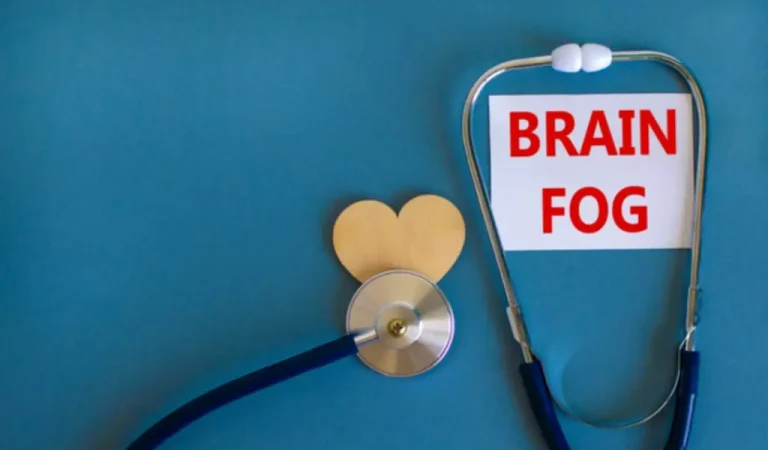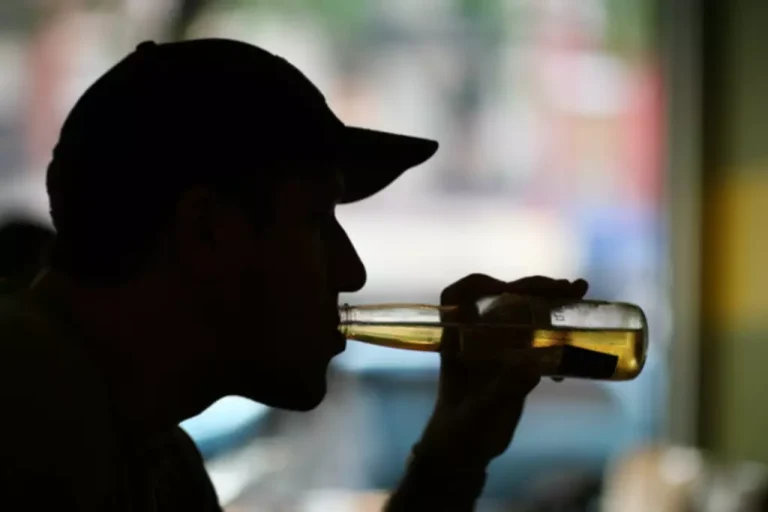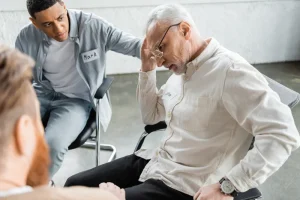Alcohol and Anxiety Disorders Does Alcohol Cause Anxiety?
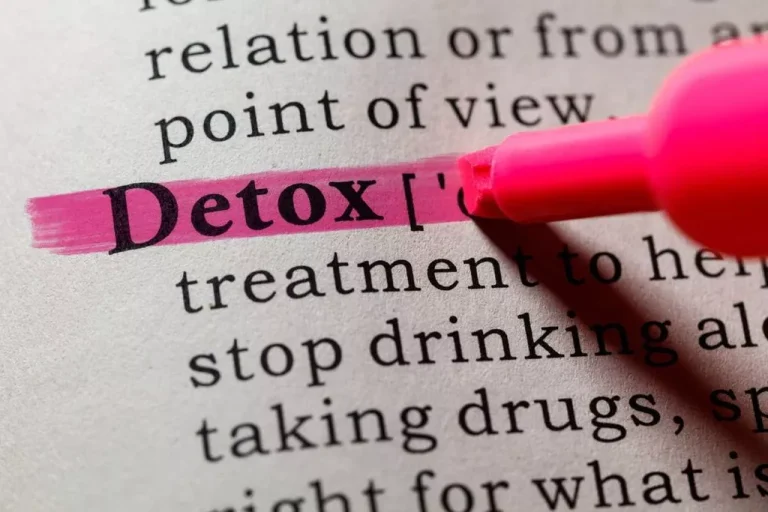
While this approach can relieve some symptoms, these aren’t doctor-recommended or prescribed methods. In many cases, self-medicating leads to other problems, including worsening symptoms and substance use problems. If you’re drinking more than the UK low risk drinking guidelines (no more than 14 units a week for both men and women) try to cut down. It’s safer to make gradual, small reductions (not sudden large changes).We have advice on how to take a break from alcohol, but if you’re worried you are dependent on alcohol talk to your GP surgery or contact an alcohol support service. Healthcare professionals must carefully treat individuals with mental health disorders and AUDs, recognizing the entwined nature of both conditions.
Alcohol and Anxiety: Does Alcohol Cause Anxiety and Panic Attacks?
Interestingly, socially phobic women were less likely than women without social phobia to obtain an Alcoholics Anonymous sponsor, which may help explain the poor outcomes for TSF among this subgroup. Alcohol and drug abuse can increase the underlying risk for mental disorders. Since mental health problems are caused by a complex interplay of genetics, the environment, and other factors, it’s difficult to say if abusing substances ever directly causes them. However, if you are at risk for a mental health issue, abusing alcohol or drugs may push you over the edge.
- Alcohol can also impair your ability to get restorative rest because you’re less likely to enter REM sleep, which has been shown to increase your risk of dementia.
- While it’s often best to join a group that addresses both substance abuse and your mental health disorder, twelve-step groups for substance abuse can also be helpful—plus they’re more common, so you’re likely to find one in your area.
- Moreover, use of alcohol to avoid anxiety during an exposure exercise also can interfere with the corrective learning process required for extinction of the anxiety response.
Can Dehydration Make Someone Feel Anxious?
While alcohol can make your panic attacks worse, alcohol itself doesn’t cause panic attacks on its own. In other words, even if you stop drinking alcohol, you are likely still going to have panic attacks – you simply won’t have alcohol triggering them. This means that cutting out alcohol can help – but often further action is required in order to take full control of your condition. I’ve spent the last seven does alcohol cause anxiety attacks years researching and understanding alcoholism, addiction, and how people get sober. Additionally, I examine the way mental and physical health as well as our relationships with others impact the reasons people drink and their role in maintaining sobriety long-term. Whereas alcohol does not directly cause panic attacks, it can trigger them.Alcohol increases anxiety levels, which can lead to panic attacks.
Alcohol and panic attacks
Alcohol-induced anxiety is the uncomfortable feeling that can happen after drinking heavy amounts of alcohol. For those who have an alcohol use disorder, it’s a symptom of alcohol withdrawal syndrome. Neglecting one for the other can worsen symptoms, complicating the prognosis.
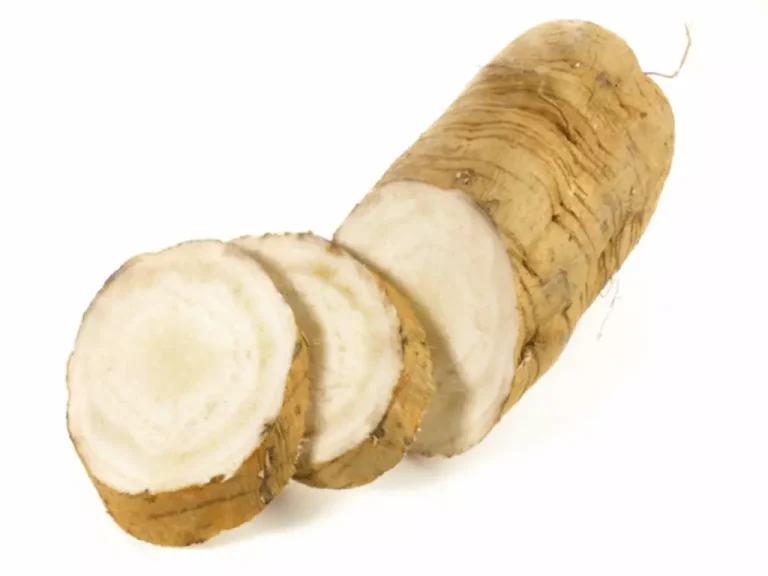
Health topics
The historical roots of this treatment modality largely can be traced back to the development of Alcoholics Anonymous (AA) in Akron, Ohio, in the 1930s and 1940s. It has been estimated that nearly 1 in every 10 Americans has attended at least one AA meeting, and it is “the most frequently consulted source of help for drinking problems” (McCrady and Miller 1993, p. 3). Third, different comorbidity patterns exist among patient subgroups with different demographic characteristics such as race/ethnicity and gender.
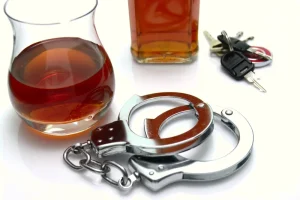
Then, as your body metabolizes the alcohol and the effects of heavy drinking wear off, you can experience what’s called a rebound effect. This is when stress hormones actually increase, resulting in heightened anxiety. If you do not like how you feel the day after drinking or rely on alcohol to handle less anxiety in various situations, seriously consider reducing your alcohol consumption. The pressure https://ecosoberhouse.com/ after the occasional beer or glass of wine can be manageable, but sometimes-serious anxiety attacks after nights of heavy drinking can affect your quality of life. Perhaps most importantly, once the complete assessment data have been gathered through all the available strategies, the full spectrum of information should be integrated and considered as a whole to yield the most accurate diagnosis.
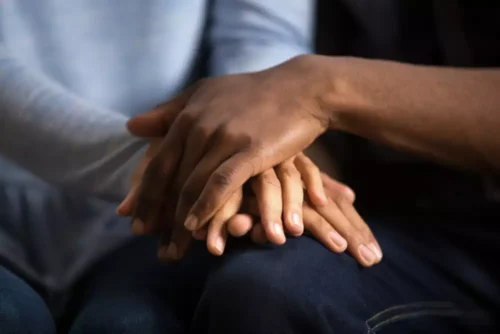
Can alcohol cause anxiety and panic attacks?

This positive feedback loop often is characterized as a feed-forward or mutual-maintenance pattern. The psychosocial impact of alcoholism also has been implicated in the genesis of anxiety. Social consequences of habitual excessive drinking are common and include pervasive and cumulative problems in vital areas of life, such as employment, interpersonal relationships, and finances (Klingemann 2001; Klingemann and Gmel 2001). In fact, such difficulties in everyday living are so intertwined with heavy use that they are reflected in the DSM–IV criteria for AUDs (APA 2000). The interaction between pathologic alcohol use and enhanced life stress can lead to anxiety in at least two ways.
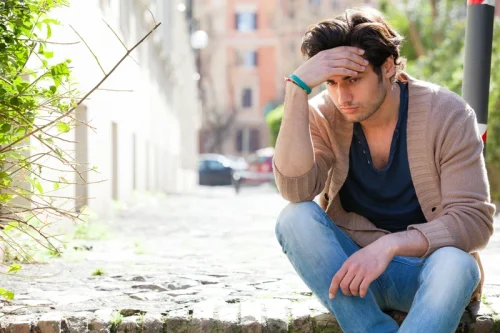
Types of anxiety and symptoms
- But once you start drinking, you can build a tolerance to the de-stressing effects of alcohol.
- About 3.1% of the U.S. population is affected by generalized anxiety disorder, according to the Anxiety & Depression Association of America.
- While many people suffering from anxiety attempt to self-medicate with alcohol, drinking can make anxiety worse.
- Stress is an inevitable part of life, so it’s important to have healthy coping skills so you can deal with stress without turning to alcohol or drugs.
- It’s the ability of your brain to overcome stress, and like a muscle it can be trained over time.
- CBT has taught individuals with generalized anxiety disorder to effectively deal with situations that cause them to feel anxious.
People with anxiety disorders may also have a substance use disorder. In fact, 50% of people receiving treatment for alcohol use disorder also live with an anxiety disorder. Addiction Resource is an educational platform for sharing and disseminating information about addiction and substance abuse recovery centers. Addiction Resource is not a healthcare provider, nor does it claim to offer sound medical advice to anyone. Addiction Resource does not favor or support any specific recovery center, nor do we claim to ensure the quality, validity, or effectiveness of any particular treatment center.
- Many people experience sleep disturbances after a night of heavy drinking.
- Similarly, people with severe anxiety disorders may be more likely to develop AUD, particularly if they use alcohol as a coping mechanism.
- Understanding how alcohol consumption can become an anxiety trigger helps in managing its impact better.
Learn how alcohol-induced anxiety is impacting your mental health, what science and experts say about hangxiety, why alcohol causes anxious feelings in the first place, and how you can manage your emotions if you’re drinking. Taken together, the findings reviewed here provide some instructive information on gender differences in the comorbidity of anxiety and AUDs. Thus, women are more likely than men to have both disorders, and the presence of anxiety disorders may exacerbate the course and severity of alcohol problems in women. These factors spotlight the importance of probing for anxiety disorders in women entering alcohol treatment and reinforce the need to remain sensitive to the different ways that gender can influence the process and outcomes of therapy.
Fortunately, the cycle of using alcohol to cope with anxiety can be broken. Cutting back on drinking can help reduce alcohol-induced anxiety, and give you the space and clarity to address a pre-existing anxiety disorder with healthier coping strategies. Unfortunately, anxiety disorders and alcohol abuse have a dark, cyclical nature. Having an anxiety disorder increases the risk of developing alcohol dependence. When someone quits drinking alcohol, the withdrawal symptoms exacerbate anxiety symptoms, ironically, a risk factor for relapse. Similar to the other modalities described here, administration of these psychosocial treatment strategies for alcohol problems can be less straightforward with individuals who have comorbid anxiety and AUDs.

